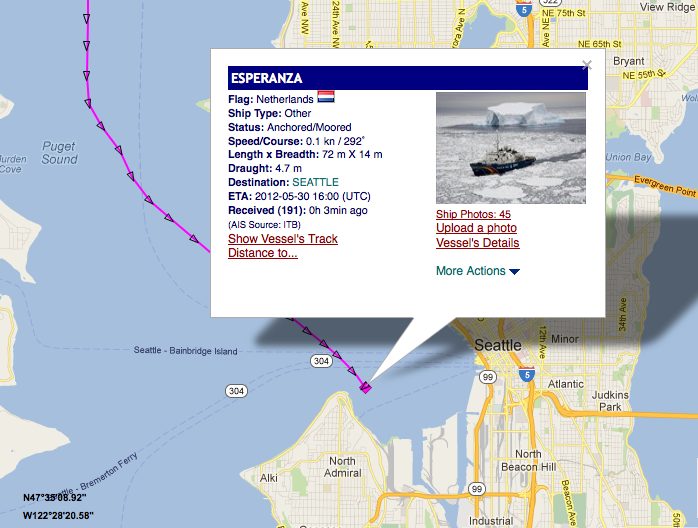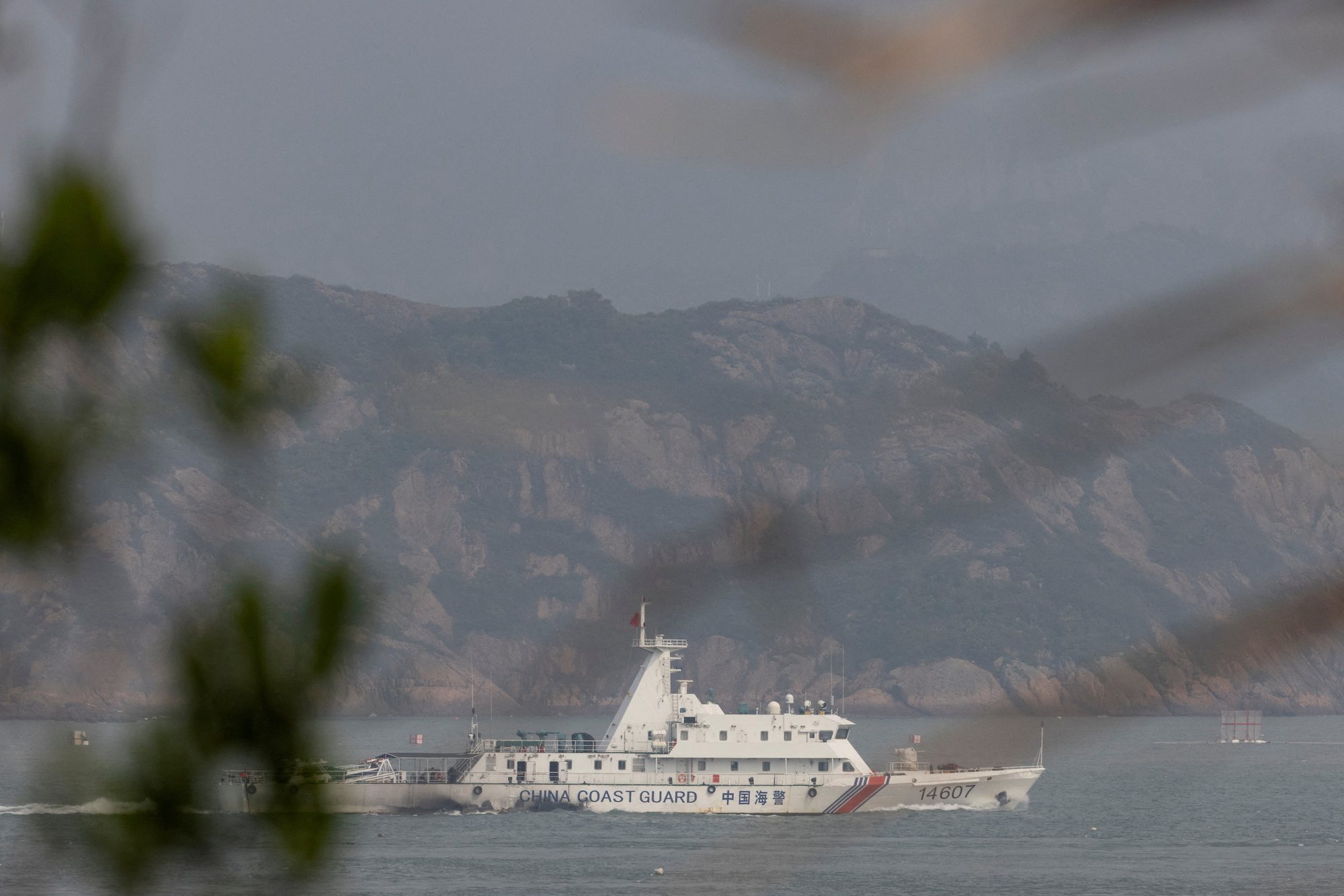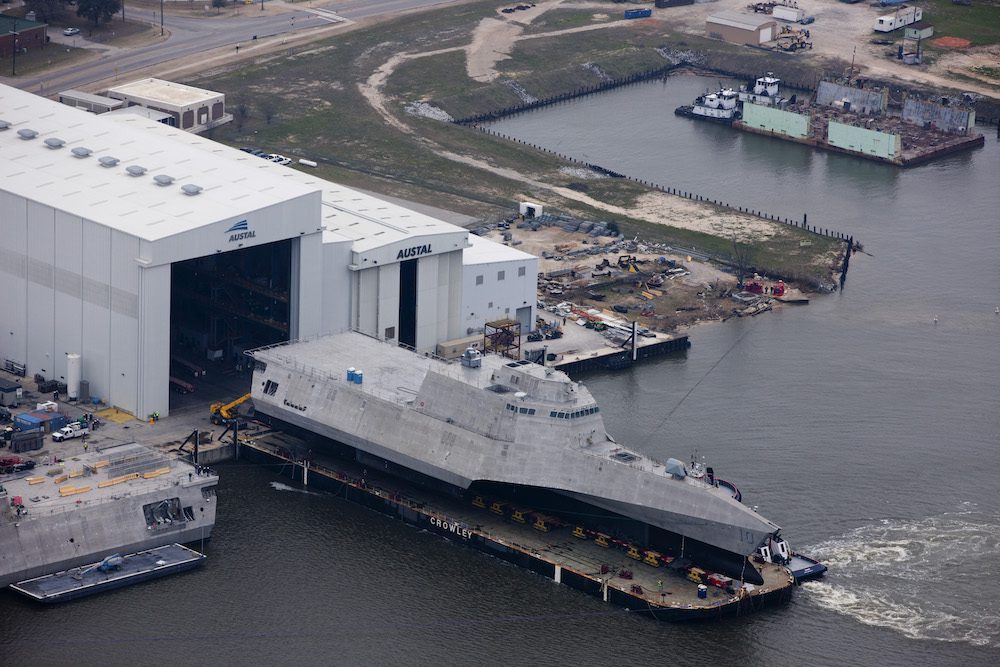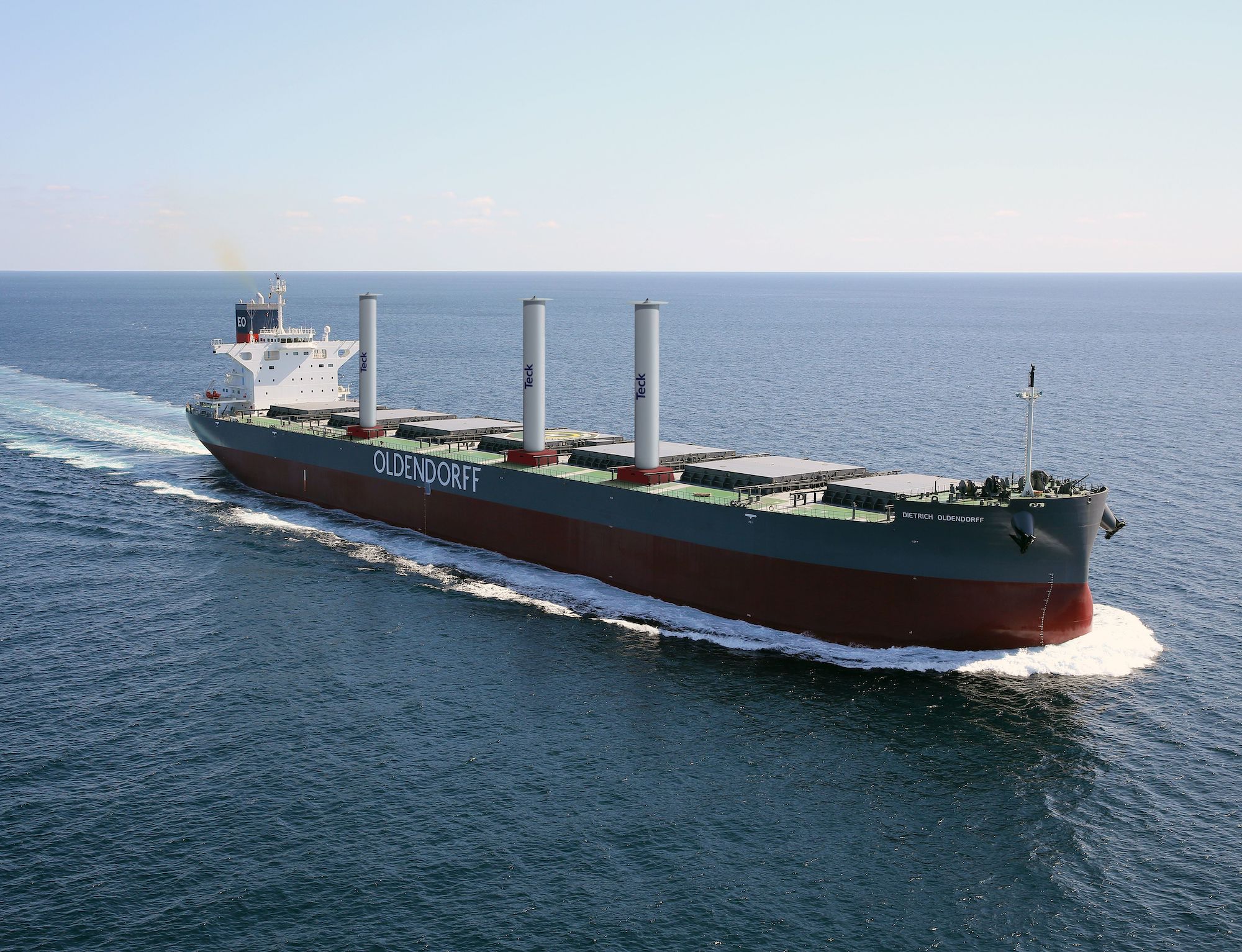WASHINGTON -(Dow Jones)- A federal court has told the environmental group Greenpeace to stay away from drilling rigs that Royal Dutch Shell PLC (RDSA, RDSB, RDSA.LN, RDSB.LN) plans to use for exploratory drilling in the Arctic Ocean this summer.
The order, filed Tuesday in the U.S. District Court for Alaska, follows an event in February during which Greenpeace activists boarded one of the company’s rigs as it was leaving New Zealand, slowing down its progress.
Tuesday’s preliminary injunction expands a similar order handed down by the court in March.
Greenpeace and other environmental groups oppose Shell’s plans to drill for oil in the Arctic, saying icy conditions there make it too difficult to handle potential spills. Shell obtained the restraining order against Greenpeace as it prepares to move two drill rigs from shipyards in Seattle to the northern coast of Alaska. The Noble Discoverer rig is scheduled to drill exploratory wells in Chukchi Sea and the Kulluk rig will is slated to drill wells in the Beaufort Sea.
Shell plans to begin drilling in the Arctic by mid-July, taking advantage of a short window in which the water isn’t covered in ice.
Shell has tried for years to secure the necessary permits to drill in the Arctic, but regulatory hurdles and opposition from environmental groups and Alaska native groups have prevented the company from moving forward.
Shell still needs to obtain drilling permits from the Interior Department and authorization letters from the U.S. Fish & Wildlife Service. Clean air permits granted to Shell by the Environmental Protection Agency have been appealed by environmental groups.
“We’re very confident in the plans,” Shell spokeswoman Kelly op de Weegh said.
Tuesday’s order prevents Greenpeace from approaching vessels within 200 miles of the shore. It remains in effect until the end of October.
Greenpeace deputy campaign director Dan Howells said he was disappointed by the order. His group’s intention was to monitor the drilling operations. “We would like to be an observer much, much closer to the rigs. But we’ll be able to do a lot of what we wanted to do anyway,” he said.
-By Tennille Tracy, Dow Jones Newswires
Copyright © 2012 Dow Jones & Company, Inc.
Unlock Exclusive Insights Today!
Join the gCaptain Club for curated content, insider opinions, and vibrant community discussions.

 Join The Club
Join The Club













